T4K3.news
Microplastics detected near Geneva talks
Greenpeace finds microplastics in Geneva air ahead of the global plastics treaty negotiations, underscoring broader health and policy concerns.
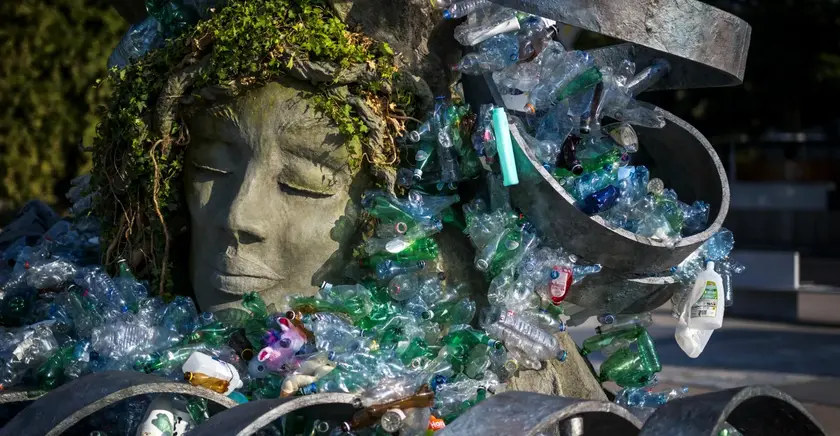
Greenpeace measured microplastics in Geneva air before the treaty negotiations and found traces, highlighting health and policy questions.
Microplastics in Geneva air raise health concerns ahead of plastics treaty talks
Greenpeace strapped a portable air monitor to a person and walked around Geneva on July 17, sampling air in shops, cafes, offices, and a railway station. The device collected 165 fibers and fragments, of which 12 were identified as microplastics such as polyester, nylon, and polyethylene used in bottles and bags. The team did not sample inside the negotiation rooms, but the test aimed to show typical exposure for visitors to the city as talks on a global plastics treaty get under way.
Health researchers note that smaller plastic particles can penetrate deeper into the body, carrying a mix of added chemicals. A Lancet report cited by scientists links plastic production to health and economic losses and argues that production growth is a principal driver of the crisis. It also notes that more than 16,000 chemicals are used to make plastics, with many not yet studied for health effects. Negotiations in Geneva are fighting over whether to focus on recycling and waste management or to curb production and phase out problematic chemicals, with fossil fuel interests pushing back against limits on production.
Key Takeaways
"We’re brimming with plastic because of overproduction."
Angel Pago, Greenpeace global plastics campaign media lead
"If we’re going to do something about plastics, we need to cap plastic production."
Angel Pago, Greenpeace global plastics campaign media lead
"Microplastics are pretty much everywhere in today’s world."
Philip Landrigan, director of the Global Public Health and the Common Good Program at Boston College
"We cannot solve this crisis with just, you know, cleanups."
Angel Pago, Greenpeace global plastics campaign media lead
The air sampling in Geneva is a reminder that policy choices ripple through everyday life. If negotiators lean too heavily on cleanup and recycling without tackling production, the treaty could miss the root driver of the problem. The data also intensify the political stakes: industry players and some governments may resist ambitious limits on production, while health researchers argue for stronger action to shield people from exposure and from toxins used in plastics. The debate pits environmental goals against economic and political pressures, a pattern that has defined many global environmental deals in recent years.
Ultimately, the test is whether science translates into binding protections. With production rising sharply since 1950 and recycling remaining a small fraction of used plastics, the report argues a cap on production may be necessary to prevent ongoing harm. The Geneva talks now face a choice between safer hands and louder voices from industry, investors, and political factions.
Highlights
- We’re brimming with plastic because of overproduction
- If we’re going to do something about plastics, we need to cap plastic production
- Microplastics are pretty much everywhere in today’s world
- We cannot solve this crisis with just, you know, cleanups
Health and political risk from plastic treaty talks
The finding that microplastics are present in urban air adds urgency to negotiations but also heightens political sensitivity. Debates over production caps and chemical limits could trigger backlash from industry and some governments, affecting investment and public support for the treaty.
The science is clear enough to demand action, even if politics remains unsettled.
Enjoyed this? Let your friends know!
Related News
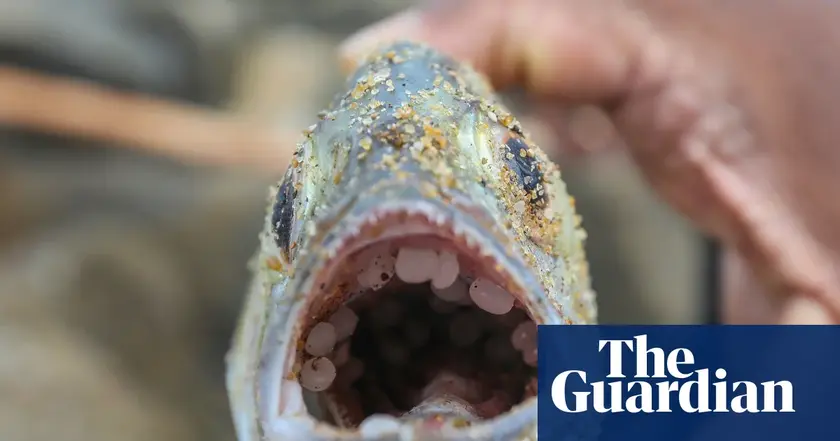
Nurdles threaten Kerala coast status update
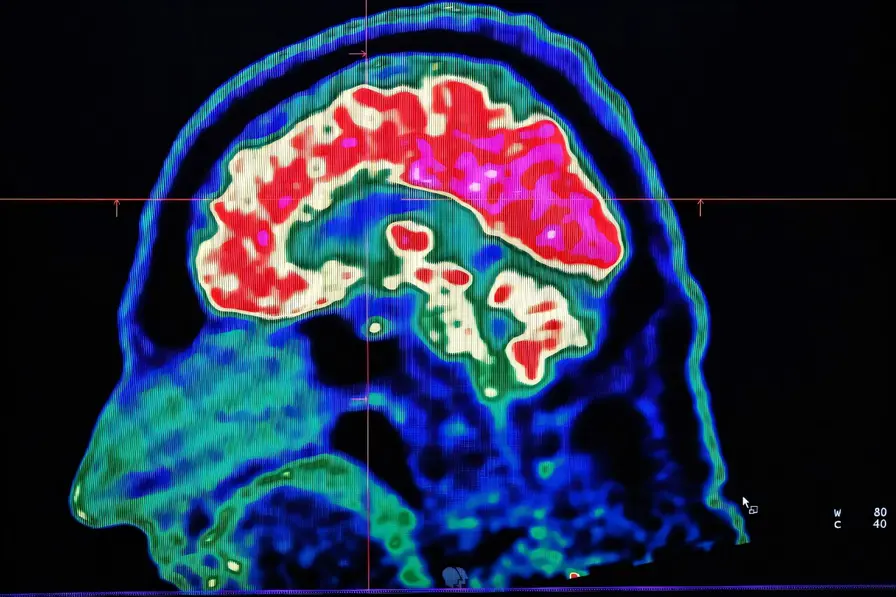
Microplastics detected in human brains

Ukraine conducts drone strikes on Russian energy sites
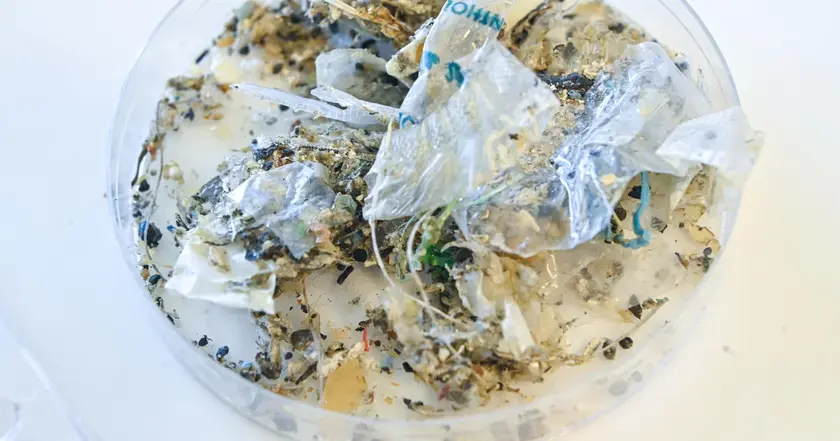
Plastic pollution costs $1.5 trillion annually
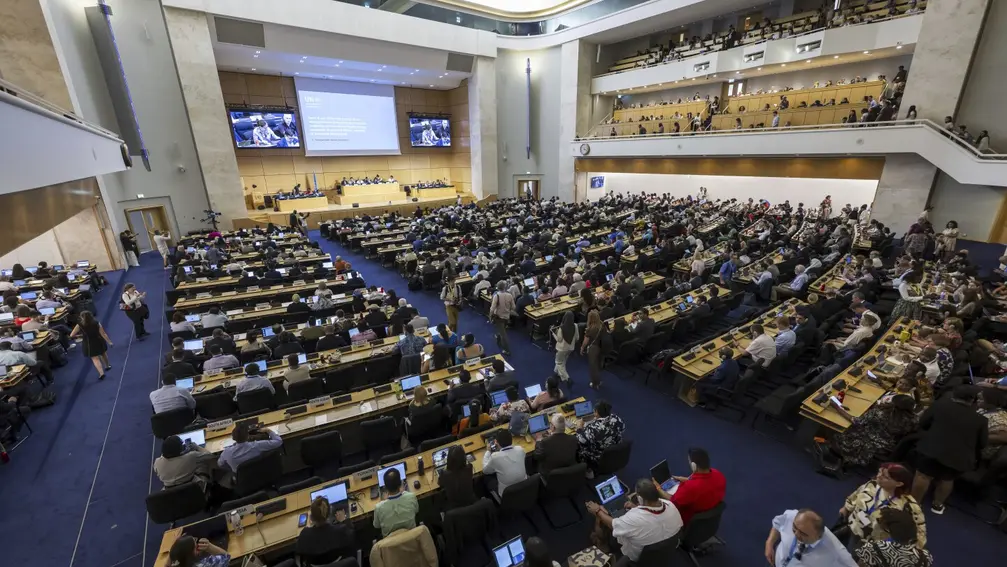
Global plastic talks near deadline

Trump signals peace talks with Russia ahead of Alaska summit
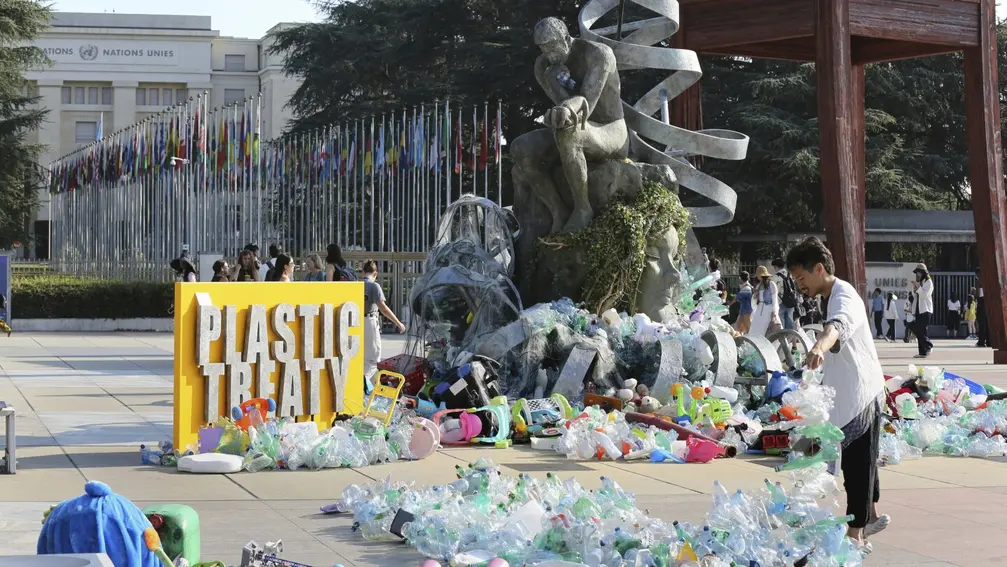
New step in plastics treaty talks
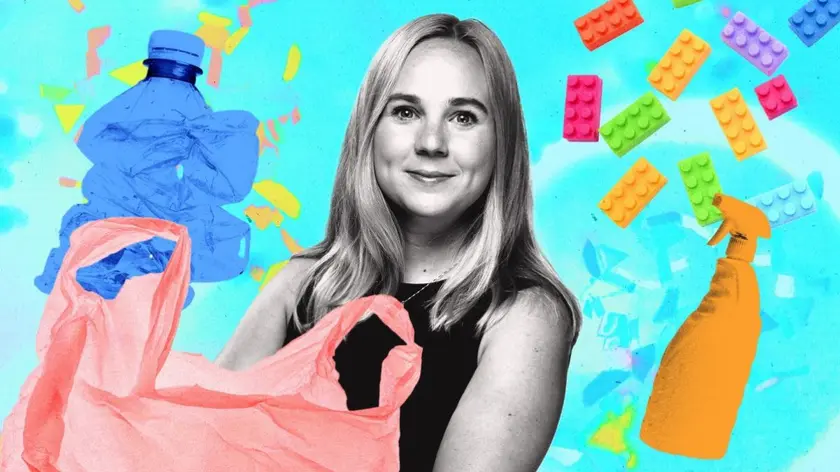
Microplastics found in human blood raise health concerns
